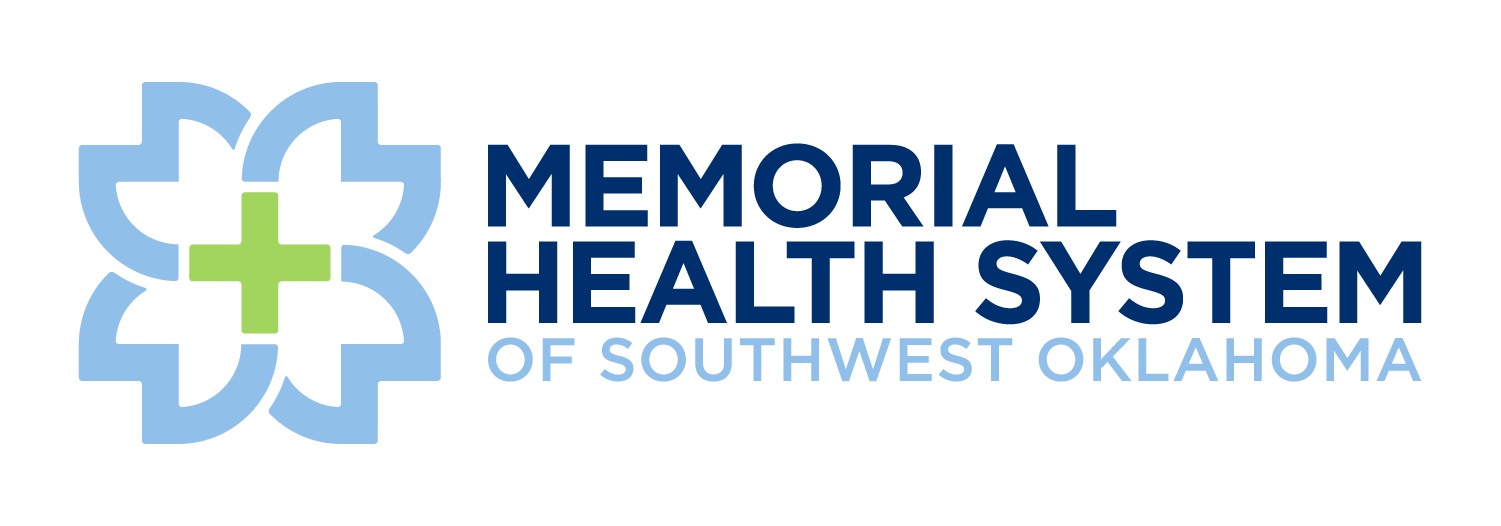This week is National Hand Washing Awareness Week. Teaching kids to wash their hands can be difficult. Young children are always on the move, and don’t want to slow down to practice boring hygiene habits. Still, it is important to instill important hand washing practices in your children.
Teach children when to wash their hands
Good hand washing is the first line of defense to combat various illnesses — from colds to the flu, meningitis, bronchiolitis and hepatitis A. The first step is letting children know we wash our hands to help keep everyone safe! Then, make it a habit by always washing their hands when the following activities take place:
- before eating and cooking
- after using the bathroom
- before and after visiting sick friends or relatives
- when coming in from outside
- when finished cleaning around the house
- after touching animals
- after blowing one’s nose, sneezing or coughing
Discuss germs
Helping children to understand the concept of germs can be challenging. Explain to children that germs are most everywhere on surfaces and our hands. Consider finding a book with lots of pictures or simple songs or videos online to show them.
Make hand washing convenient and safe
Getting up to the sink can be hard for small children. Making it a fun, safe and convenient practice is important. Place a stool in front of the sink if the child cannot reach the sink by his or herself. Let children pick out a fun stool with characters, colors or designs he or she enjoys. Many stools for children have rubber grips on the steps to help secure their footing as well. Also, consider putting a rug under the stool to help catch water and prevent slipping. Kids can make a mess when the sink is involved.
Make sure hand towels are easily accessible also. Towel racks that are too high and cause children to reach too much could result in a fall.
Teach children how to use the soap
It may take awhile before a young child is capable of getting his or her own soap. Practice using the soap pump with them. Also, choosing a themed soap dispenser may be fun for some children.
Make sure the water is a safe temperature
Turning on the tap and getting the temperature just right may be difficult for many children. Teach your child how to turn on the cold water first and to slowly increase the temperature. Demonstrate putting just the tip of a finger in the water to test the temperature.
Help children learn how long to wash
You should wash your hands for 20-30 seconds. This is about the amount of time it takes to sing the “Happy Birthday” song twice or the alphabet song once. You may also teach children how to set a timer and watch it count down while they wash.
Rinse well
Teach children to look thoroughly for any soap residue. It is not dangerous to leave soap bubbles behind. However, children often put their hands in their mouths. The taste of soap may be a deterrent from wanting to wash their hands in the future.
Carry hand sanitizer when on the go
Soap and water is always best, but sometimes it may not be available when you are on the go. Use an alcohol-based sanitizer with at least 60 percent alcohol.
As with everything else they learn, good hand washing practices come to small children with lots of practice. Remember to praise their good behavior as you are teaching them this important tip in their daily hygiene routine.
For other healthcare concerns regarding your children, visit ccmhhealth.com/directory/specialties/pediatrics to find a list of CCMH Pediatricians.
Disclaimer
The Comanche County Memorial Hospital website does not provide specific medical advice for individual cases. Comanche County Memorial Hospital does not endorse any medical or professional services obtained through information provided on this site, articles on the site or any links on this site.
Use of the information obtained by the Comanche County Memorial Hospital website does not replace medical advice given by a qualified medical provider to meet the medical needs of our readers or others.
While content is frequently updated, medical information changes quickly. Information may be out of date, and/or contain inaccuracies or typographical errors. For questions or concerns, please contact us at contact@ccmhhealth.com.
